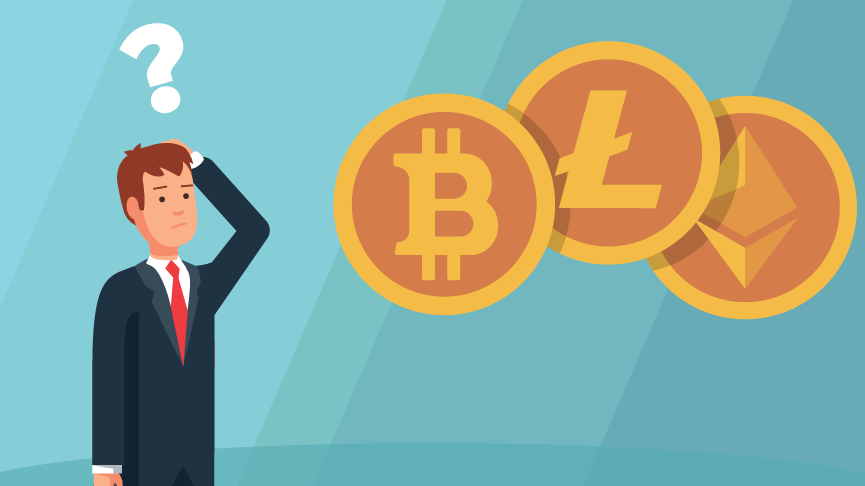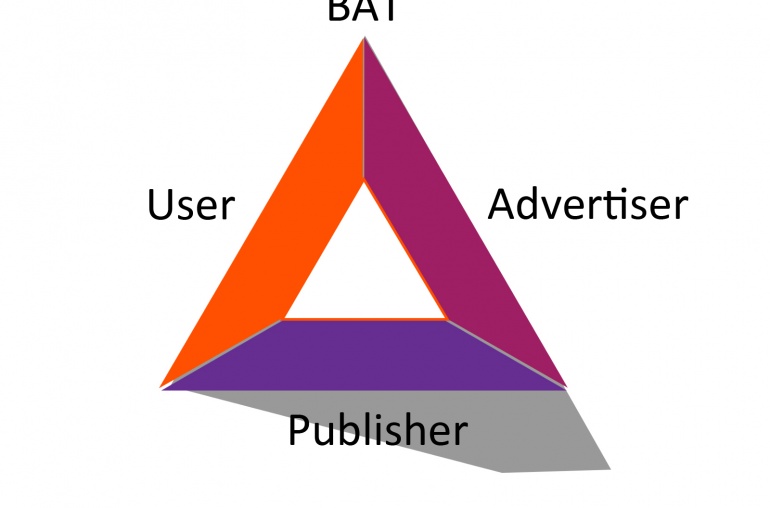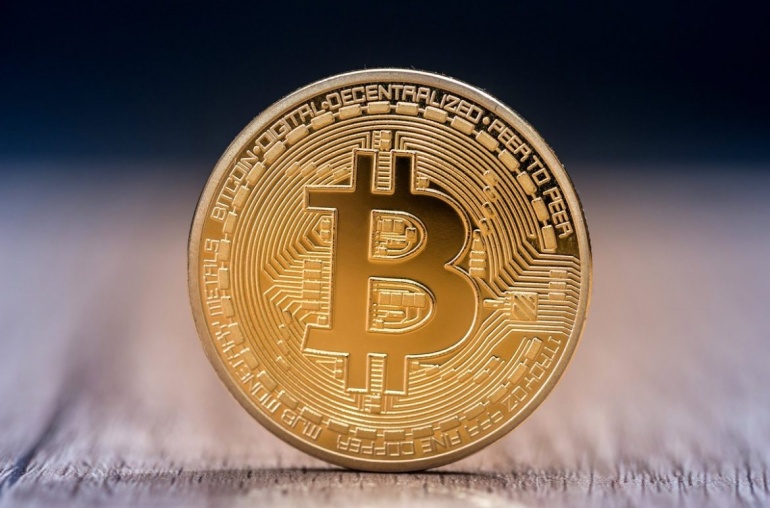Even if they don’t fully understand how it works, most people know Bitcoin a little bit. However, when they become interested in cryptocurrencies, they may be surprised to learn that there are hundreds of kinds of cryptocurrencies known as altcoin. Altcoins are an interesting aspect of the cryptocurrency environment, but not for everyone. Altcoine newcomers often ask many questions, and this guide will provide a brief summary about altcoins to help them decide whether or not to invest in them as part of their new cryptocurrency portfolio.
What Is Altcoin And Why Is It Important?
The word” Altcoin” stands for “Bitcoin alternative” and describes all other cryptocurrencies except Bitcoin. Altcoins are called Bitcoin alternatives because altcoins hope to replace or improve at least one Bitcoin component.
There are hundreds of altcoins (CoinMarketCap was listing 1097 altcoins at the time this guide was written) and it seems to be increasing every day. Most altcoins are actually little more than a bitcoin clone. It changes only some minor features of most Bitcoins, such as the processing speed, distribution method, or hash algorithm. Most of these coins won’t last very long. One exception is Litecoin, one of the first altcoins. In addition to using a different hash algorithm than Bitcoin, Litecoin has a much higher number of currencies. That’s why Litecoin touts itself as “silver versus gold Bitcoin.”
What Is Altcoin
Top 5 altcoin, according to CoinMarketCap.
However, some altcoins offer innovations by experimenting with some useful features that Bitcoin does not offer. For example, Darkcoin hopes to provide a platform for fully anonymous transactions; BitShares describes itself as “a fair version of Wall Street,” and Ripple serves as a protocol that users can use to easily pay with currencies. Even some sub-eco ecosystems, such as CounterParty and Mastercoin, use the Bitcoin blockchain to secure their platforms.
Criticisms
Many Bitcoin enthusiasts argue that altcoins are completely unnecessary and will fail because they cannot rival Bitcoin’s excellent infrastructure. However, altcoins actually play an important role. Decentralisation is one of Bitcoin’s major goals, with altcoins further decentralising the cryptocurrency community. In addition, altcoins allow developers to experiment with unique features.
While it is true that Bitcoin can also copy these features if developers or the community want to, fully functional altcoins are a much better “cryptocurrency lab”than Bitcoin’s testing network. Finally, altcoins give Bitcoin healthy competition. Altcoins offer alternative options to cryptocurrency users and force bitcoin’s developers to stay active and drive innovation.
Users adopt an altcoin if they don’t think Bitcoin satisfies their digital desires. If enough users abandon Bitcoin for a particular altcoin, Bitcoin developers are forced to adopt the features the community wants, or they may lose their place.
What Is The First Altcoin?
Founded in April 2011, Namecoin was the first altcoindi. Namecoin aims to make internet censorship much more difficult by decentralizing domain registration, although it also functions as a currency.
Should I Invest In Altcoins?
Because the history of the cryptocurrency market is so short and the market is changing so quickly, all cryptocurrency investments carry great risk. Even Bitcoin – the most stable cryptocurrency-regularly exhibits price variability.
In contrast, altcoins are much more volatile. Since they have a low Sunday share (the total value of all currencies), altcoin markets are highly prone to price manipulation. Wealthy and wealthy traders, called” whales, ” increase prices by injecting excessive amounts of money into low-value coins. When the price rises massively, the whales sell their coins at a huge profit, and in the process many gullible investors suffer. This method is known as “pump and dump”. These rich whales not only hurt the greedy and also naive traders who don’t take the time to do their homework, but often cause an altcoin to be short-lived.
To avoid losing all your money in a pump-and-drain cycle, focus on long-term money investment that you believe has an incredible amount of potential and generally looks healthy. In general, altcoin healthy communities have strong, high liquidity, and have developers who proactively develop altcoin source code (although not very necessary, many users prefer developers who don’t hide their real identities).
If you want to invest in altcoins, it’s important to remember some basic investment principles. Avoid the hype spread by cryptocurrency communities. Investors always have an agenda for themselves, so you shouldn’t use their words like real data. Invest only the money you’re researching. It’s not wise to invest in something you don’t understand. Making an unconscious investment is the first step to losing your hard-earned money. Take the time to research the coins you are considering for long-term investments and research the trade before trying to become a high-volume and short-term trader. Most importantly, never invest more than you can afford to lose. Too many people have lost their savings in volatile investments.
Where Can I Buy Altcoins?
Above we mentioned briefly what altcoin is, what it is not. Now let’s see where you can get the altcoins.
As with Bitcoin, there are several ways to acquire altcoin. The simplest way to get Altcoin is to accept them as paying for goods or services. If you’re interested in doing that, put together an ad showcasing your skill set on Reddit-style sites.
You can also trade for altcoins on cryptocurrency exchanges. Many stock markets use Bitcoin as an intermediary (although a few include fiat pairs), if you don’t already have Bitcoin money you need to buy it before trading for altcoins. Some of the most widely traded exchanges are Bter, Bittrex, MintPal, Cryptsy.
Many altcoins also sponsor gift giving to increase coin’s prevalence and encourage new users to join their communities. If your money is low or you don’t have marketable skills, it’s a great way to make money.




